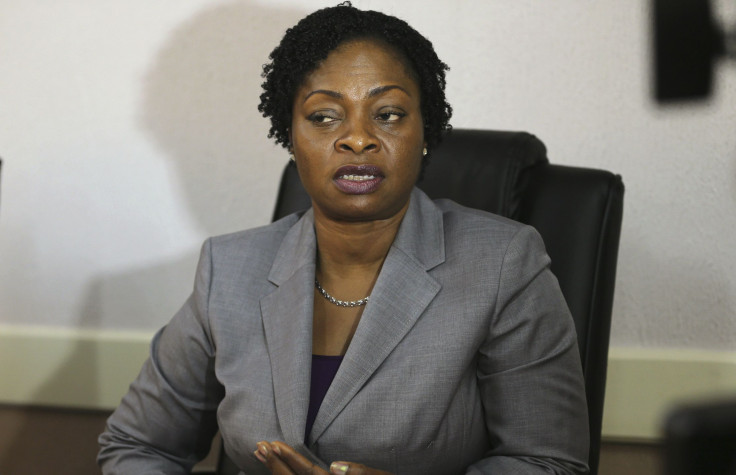Ebola Confirmed In Nigerian Capital City Of Lagos; 21 Million City Residents Now At Risk Of Exposure

Nigeria’s Health Minister, Onyebuchi Chukwu, has officially announced the first case of the Ebola virus in the Nigerian capital of Lagos. The victim, a Liberian businessman who had only recently flown into the city of 21 million people, was placed in quarantine on Sunday, only to die a few days later.
Nigeria’s patient zero is likely to have contracted the virus from his sister, who died of its symptoms only three weeks prior, Reuters reported. The sick man is said to have given himself over to healthcare workers. “He made it known that he wasn’t feeling well,” WHO spokesman Paul Garwood told Reuters. It was then that he was taken into isolation where he died only days later.
Tests taken last Friday showed the man to be positive for the Ebola virus, but it is still unknown if the virus was the actual cause of death. “Our understanding is that the cause of death was Ebola," Liberia’s finance minister Amara Konneh told Reuters. At a press conference Lago’s health commission Jide Idris announced that they were still “waiting for a confirmation test to double check,” the virus’ presence.
If the virus does break out in the African megacity, officials are hopefully that they may have better success containing it here than they had in more remote rural areas. "The fear of spread within a dense population would be offset by better healthcare and a willingness to use it, easier contact tracing and, I assume for an urban population, less risky funerary and family rites," explained Ian Jones, a professor of virology at the University of Reading in Britain. One factor that could seriously compromise Nigeria’s ability to combat an outbreak is its poor healthcare system. Although the country makes annual revenues well in the billion from their dense oil supply, the healthcare system still mirrors that of less developed nations.
The Ebola outbreak currently afflicting the West coast of Africa is the largest Ebola outbreak in recorded history. As of yet Reuters reported that there have been 1,093 cases of Ebola, with 660 of those cases resulting in death. In the last outbreak during 2012 only 50 lives were lost.
Ebola is a serious virus that was first appeared in 1976. In this year 2 separate outbreaks in Sudan and the Democratic Republic of Congo claimed a total of 431 lives before the outbreak could be quelled, the World Health Organization reported. The virus is likely to have entered the human population after humans first came into contact with blood, secretions, organs, or other bodily fluid of infected animals. Its initial symptoms are sudden fever and headache which are soon followed by more severe conditions such as vomiting, impaired kidney and liver function, and in the most extreme cases both internal and external bleeding. There is currently no cure or vaccination against the virus and although it usually has a mortality rate of 90 percent, the rate of this current outbreak is estimated to be closer to 60 percent.
Published by Medicaldaily.com



























